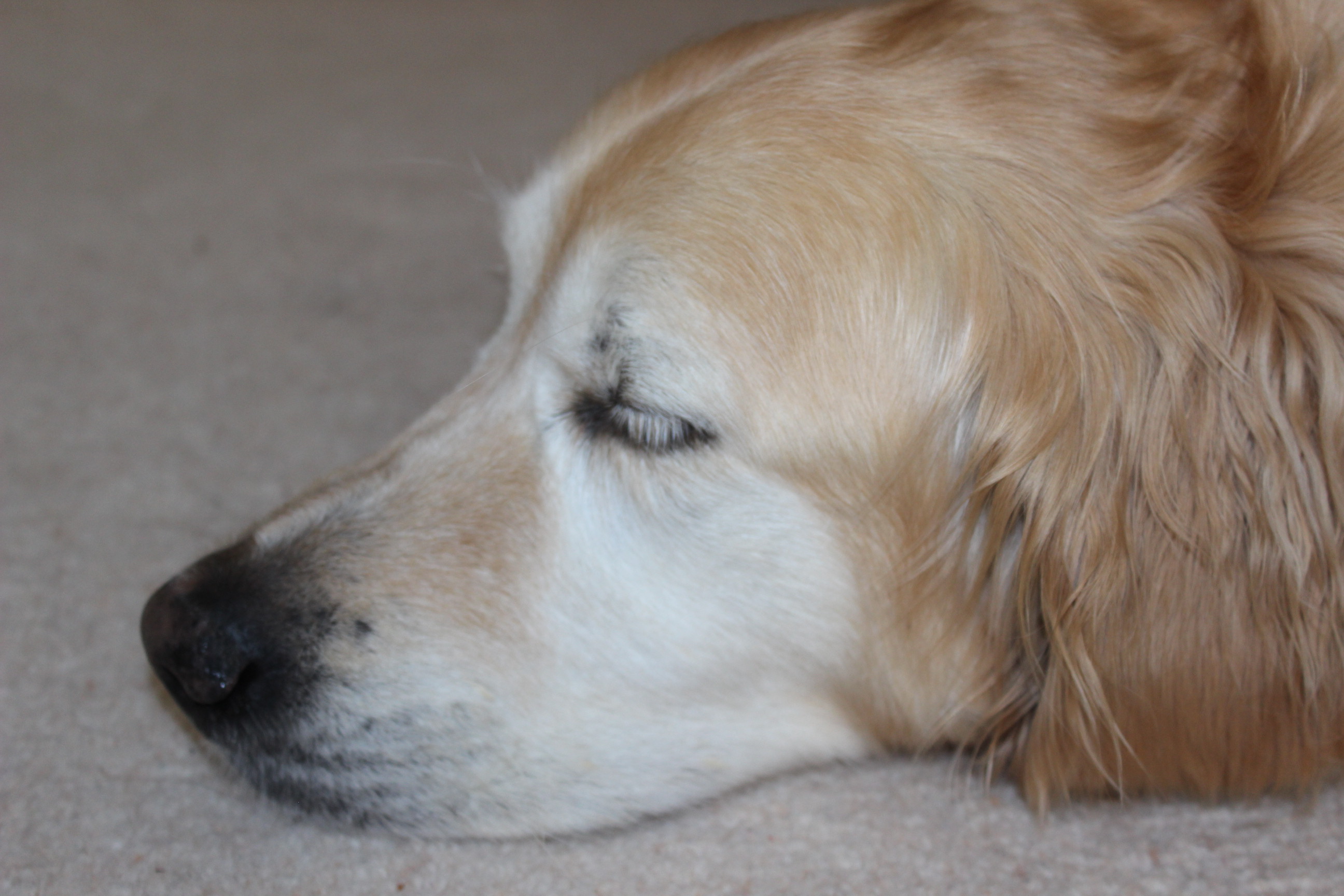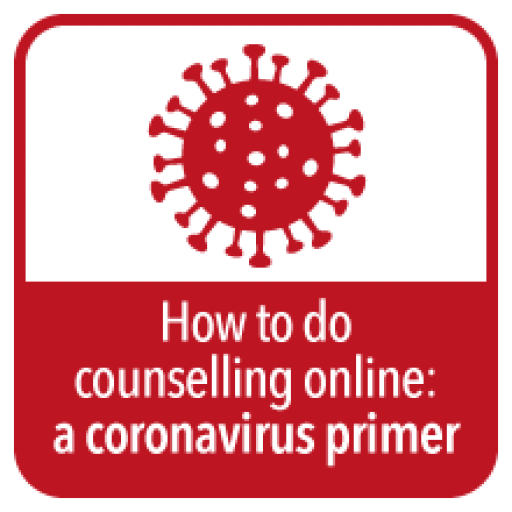MENOPAUSE

"I'm afraid I'm losing my mind",
"I feel so angry all of the time",
"I want to just run away and hide from everything some days",
"I don't feel like myself at all anymore", "I'm waking up with my heart pounding during the night",
"I'm losing my hair and I'm hot/cold a lot of the time",
"I'm worrying and having panic attacks",
"I'm crying at every silly little thing",
"My joints ache so much I'm afraid that I might have cancer" and
"I feel suicidal"
These are just some of ways that women are describing the experience of peri/menopause for them.
Peri-menopause is the term used for the hormonal state that can typically occur from 44-54 years of age and Menopause from 55 years. Every body is unique so this is a rough estimate.
It's a time that traditionally grandmothers and mothers would have carried on with their respective lives in a "grin and bear it" fashion and it was rarely spoken about between the generations.
Thankfully the tide is slowly turning on this collective silent suffering and the burden of womens experiences is being shared and spoken about openly more and more amongst women of all ages. High profile celebrities like Davina Macall and Meg Matthews and politicians like Nicola Sturgeon have all spoken openly about their own struggles and fears with regards to this "natural time of life."
The main symptom of "hot flashes" are the mainstay of the medcal professions enquiries about how a woman is experiencing the "change" but there are roughly 34 known symptoms that can occur at this time of life.
Some of the lesser known ones are:
- Itchiness
- Fatigue
- Brain fog/memory issues
- Vaginal dryness
- Decreased sex drive
- Increased sex drive
- Mood swings
- Irritability
- Joint pain
- Panic Disorder/Panic attacks
- Breast Soreness
- Thinning hair
- Disrupted sleep
- Incontinence
- Heart palpitations
- Digestion changes/issues
- Burning mouth
- Tingling extremities
- Headaches
- Anxiety
- Depression
- Electric/zapping sensations in the head/body
- Muscle aches
- Bloating
- Altered sense of taste
- Body Odour changes
- Weight gain
- Hair loss
- Brittle Nails
- Bad breath
- Suicidal thoughts
- Vertigo
There's clearly a lot more of those symptoms going on than just the "hot flashes/flushes" and yet they are rarely spoken about in polite society.
Being able to express these feelings, experiences, fears and of course hopes and positive outcomes in a supportive group are invaluable in normalising this time of life. If this sounds like something you might benefit from then email me at This email address is being protected from spambots. You need JavaScript enabled to view it. and I can send you details of the support group.
HEALTHY LIVING ARTICLES:
Our health is one of our greatest assets and like all things valuable we would do well to guard it and look after it to the best of our ability. Life is unpredictable at best and to be able to assert control over our health can allow a real sense of agency and mastery over the small things in life that we can control, like our health.
Put simply, if we can take charge of maintaining and preserving a level of good health throughout our life then it stands to reason that we will be happy and healthy and the good life should follow.
But what happens when our best intentions aren't enough and we really struggle to live healthily because of illness due to physical or mental vulnerabilities?
Then the old "should, must, have to, could" start creeping into our inner narrative and we can begin or even re-start the painful process of self-punishing and feeling "less than."
All of the information and suggestions in the articles listed here are not intended to advise, diagnose or replace medical advice or expertise. If you have any medical issues or concerns then please speak to your GP.
All of the articles in this section are subject to copyright, the author of these articles retains all rights, no part, excerpt or whole article may be reproduced or republished anywhere without the authors express and written permission.
STRONG BODY, STRONG MIND:
Children instinctively know how to move; they love to jump, run, play and have fun with their bodies in motion. Adults generally need a bit more persuading to be active as lifestyle commitments, work demands and family's needs all take up precious leisure time. Yet the benefits of exercise for physical, emotional and psychological needs are many, so why don't we all exercise more? And what can we do to re-balance the couch time vs the activity time?
The effects of exercise on mood are well known. The endorphins (feel good hormones) released during a bout of moderate exercise help to lift the mood and the physical exertion of deep breathing can bring a sense of relaxation and reduce anxiety.
This retriever evidently has no sleep issues but not every one is so fortunate to be able to sleep at the drop of a hat, anywhere and at any time. If you suffer from sleep disturbances or insomnia then these tips may help you:
THE ELUSIVE MR SANDMAN
You've heard the tale of the Sandman? The mythical being that puts "sleep sand/dust" into every person's eyes as they're getting sleepy - that gritty eye feeling when you're tired - and about to nod off to a good night's sleep? Well besides getting a good night's sleep, the visit by the Sandman is apparently evidenced by the "gunk" (rheum) in your eyes upon waking the next morning.
Some people have never heard the folk tale of the Sandman yet they have no problem getting a good night's sleep. While other people know the tale and yet have never known the joy of a restful and restorative night's sleep and suffer all through the next day because of it. Over time this continued tiredness and lack of rest can seriously affect a person's mental and physical well-being.
According to the NHS, 1 in 3 people in the UK suffer from sleep disturbances which affect their lives adversely. The various factors for sleep deprivation are many: Watching T.V. too late at night, caffeine and stimulating drinks too close to bedtime, excessive alcohol consumption, eating late or a fatty, heavy meal too close to bedtime, laptop use, playing computer games, a noisy bedroom environment, snoring, a bedroom that is too hot or too cold, depression, anxiety, financial and other lifestyle worries, exercising late at night and shift working.
Home remedies abound for sleep issues:







